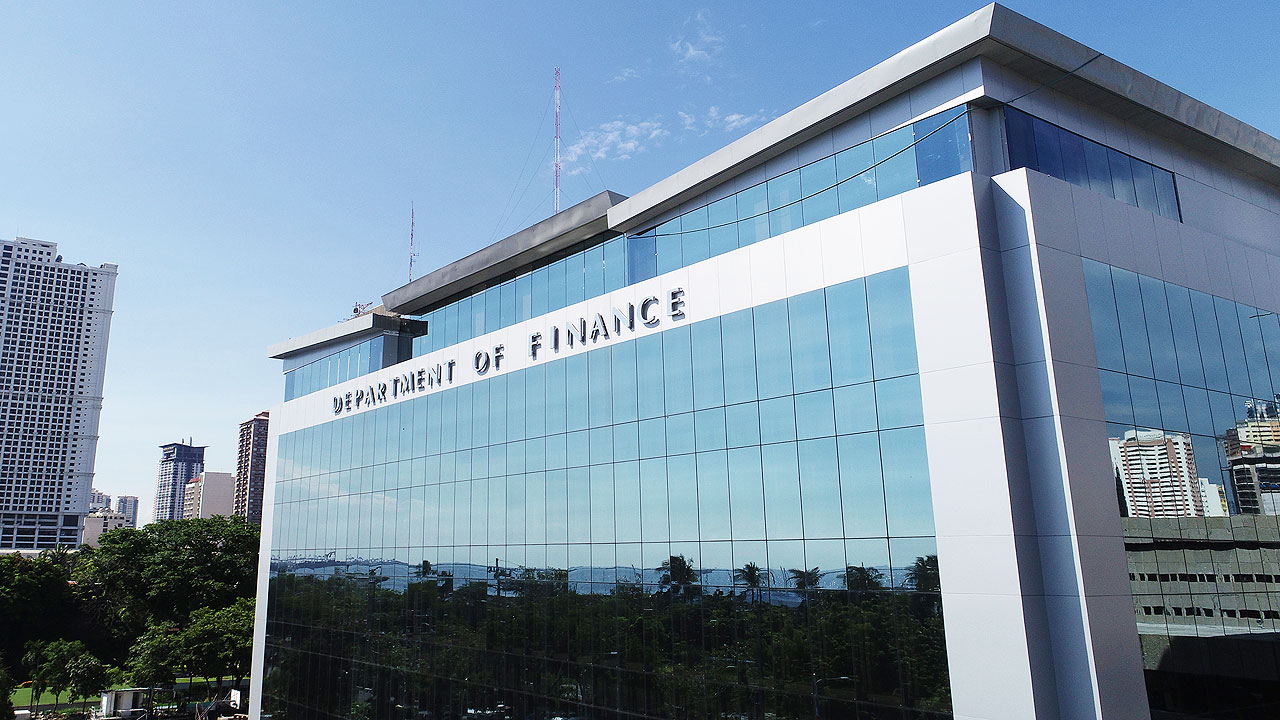
THE Department of Finance (DoF) said it is preparing a medium-term strategy for managing debt, with an eye towards ensuring fiscal sustainability.
“Soon, we will develop a Philippine Medium-Term Debt Management Strategy,” Finance Secretary Ralph G. Recto said in a speech, adding that another objective of the plan is to ensure transparency in public borrowing.
The plan “will guide us on how to secure a future of fiscal stability,” he added.
At the end of November, the National Government’s (NG) outstanding debt stood at a record P14.51 trillion.
The NG’s debt as a share of gross domestic product (GDP) was 60.2% at the end of the third quarter, lower than the 61% at the end of the second quarter and the 63.6% a year earlier.
However, it was still slightly above the 60% threshold considered manageable by multilateral lenders for developing economies.
The government is targeting to bring down the debt-to-GDP ratio to below 60% by 2025.
“External accounts remain robust, with the Philippines having the lowest external debt-to-GDP ratio among its peers. This means we are less vulnerable to external shocks,” Mr. Recto said.
“We have maintained our high investment-grade credit rating amid the sea of downgrades globally. This allows us better pricing and market access to support our financing requirements,” he added.
Meanwhile, the newly appointed Finance Secretary also called on the support of Congress for the swift passage of key tax reform measures.
“Among other things, fiscal sustainability can only be achieved if we install a system that guarantees fairer and more efficient tax administration. That is precisely what we aim to accomplish with our proposed tax reform measures which the President has endorsed as urgent to Congress,” Mr. Recto said.
He cited the reform to the real property valuation system, the value-added tax on digital providers, rationalization of the mining fiscal regime, the tax on single-use plastics, and proposed amendments to the Corporate Recovery and Tax Incentives for Enterprises Act.
“These reforms will not only finance development but will reduce the deficit and our dependence on debt,” Mr. Recto said.
“I, therefore, call on our friends in Congress to partner with us in securing the immediate passage of these reforms.” — Luisa Maria Jacinta C. Jocson



